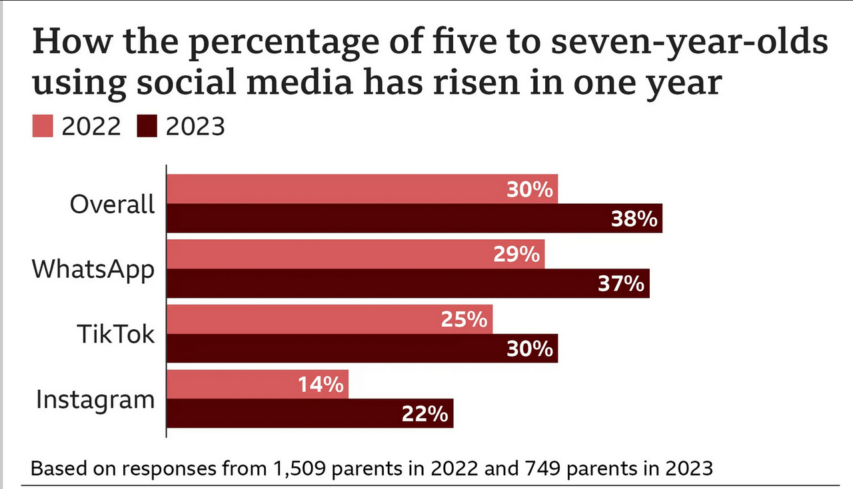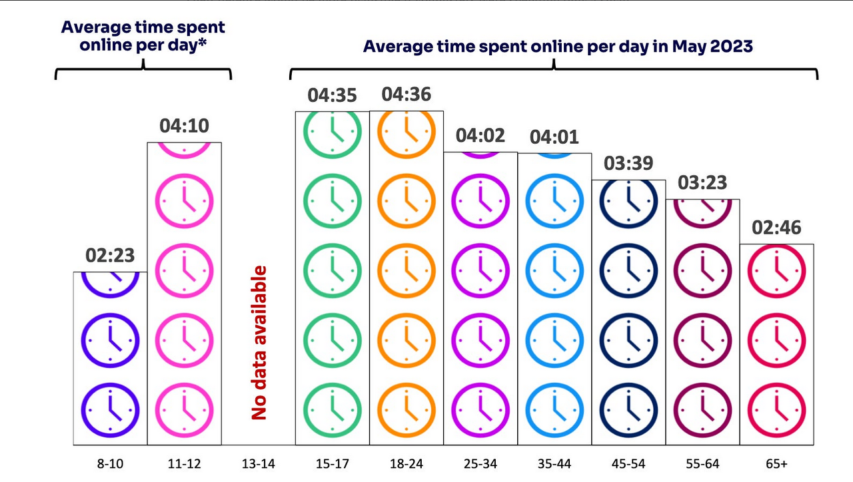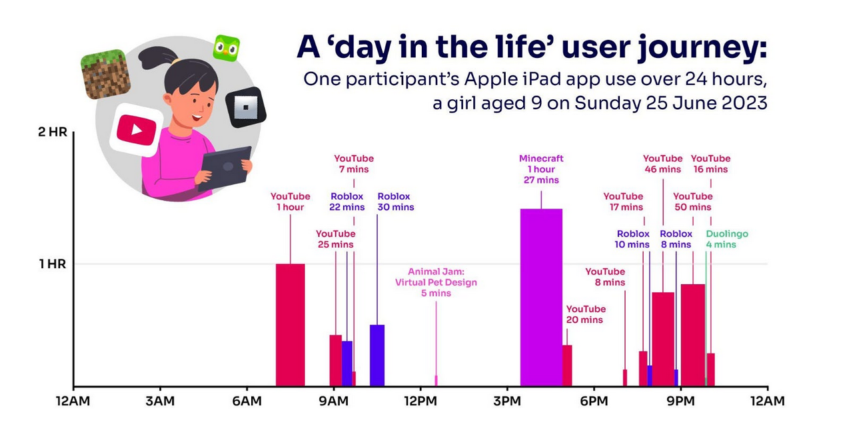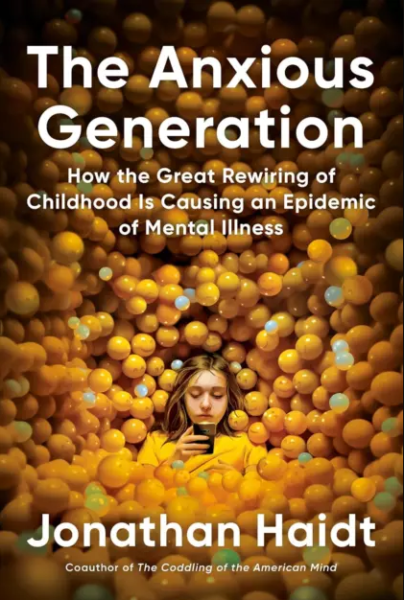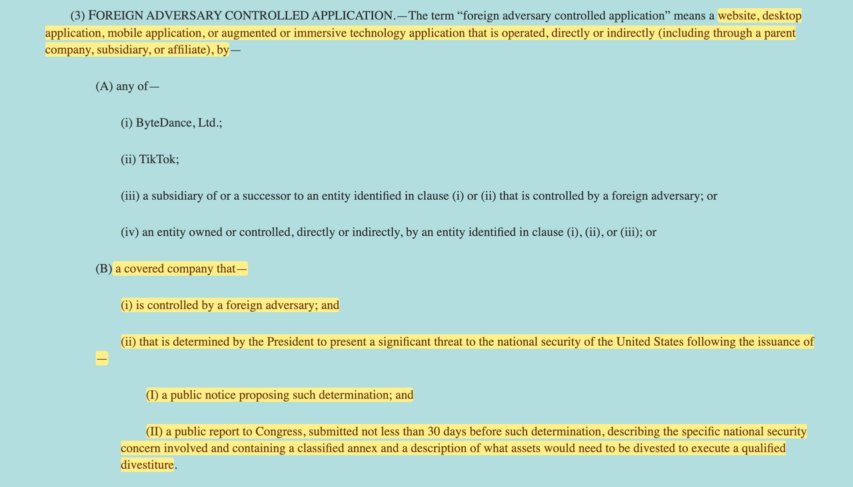Tristin Hopper outlines Prime Minister Justin Trudeau’s latest attempt to get his message out to the growing number of Canadians who are “misguided” enough to not want him back for another term in office:
Last week, Trudeau was the featured guest on two U.S. podcasts: Vox’s Today, Explained and Freakonomics Radio, where he outlined his plans to bring “fairness” to the Canadian economy and hold the line against what he framed as a populist uprising.
“I’m not worried about innovation and creativity,” he told Vox against claims that his budget would scare away investment. “I’m worried about people being able to pay their rent and eventually buy a home.”
Trudeau also described Canada as being seized by a focus on “individualism that I think is counterproductive to the kind of world we need to build”.
The Vox interview began with an actor doing a faux Canadian accent and pretending to be a kind of Trudeau-esque superhero. The Freakonomics interview introduced Trudeau as “possibly the most polite prime minister in the world; he most definitely stands on guard for thee”. So it’s clear from the outset that the interviewers only have a cursory knowledge of Canada and its contemporary political situation.
As such, Trudeau was able to get away with claims that even the friendliest of Canadian interviewers wouldn’t have tolerated.
Below, a quick summary of how Trudeau his pitching his re-election in the U.S.
He frames opposition to his government as a form of mass hysteria
Both interviews did note at the outset that Trudeau is polling quite poorly and that he faces likely defeat in the next election. As to why this is happening, Trudeau described his citizenry as being in the grip of a worldwide trend towards irrational populism, and expressed his hope that Canadians would ultimately come to their senses.
“In every democracy we’re seeing a rise in populists with easy answers that don’t necessarily hold up to any expert scrutiny. But a big part of populism is ignoring experts and expertise, so it sort of feeds on itself and relies on a lot of misinformation and disinformation,” he told Vox.
While he never mentions Conservative Leader Pierre Poilievre by name, Trudeau says he’s facing opponents who offer naught but “easy shortcuts”, “buzzwords” and “clever TikTok videos”. The Conservatives, he said, are arguing that “everything I’ve done” is “why life is difficult right now.”
“When in actual fact … all those things have made life better in meaningful ways and it would be much worse if we hadn’t done all those things,” he said.
I don’t know why everyone is down on Justin Trudeau. His brilliant economic and environmental plan is working to perfection: Canadians are eating less unhealthy food (because they’re eating less food overall except for what they can shoplift from Loblaws). Businesses are closing down left and right, which significantly reduces our harmful production of CO2, to allow China and India to build more coal power plants. Community-oriented businesses like pawnshops, used clothing stores, needle exchanges, and food banks are booming all across Canada, increasing our community involvement. Poor, uneducated, undocumented immigrants are flooding into the country to take advantage of the free food, free housing, free healthcare, and income subsidies our munificent governments make available to non-citizens. The first post-national country on the planet — which actively discourages out-of-date patriarchal white-supremacist ideas like individual pride and patriotism — continues to follow the wise guidance of the World Economic Forum, whose goal is a much smaller world population devoted to serving the elites hand-and-foot.


